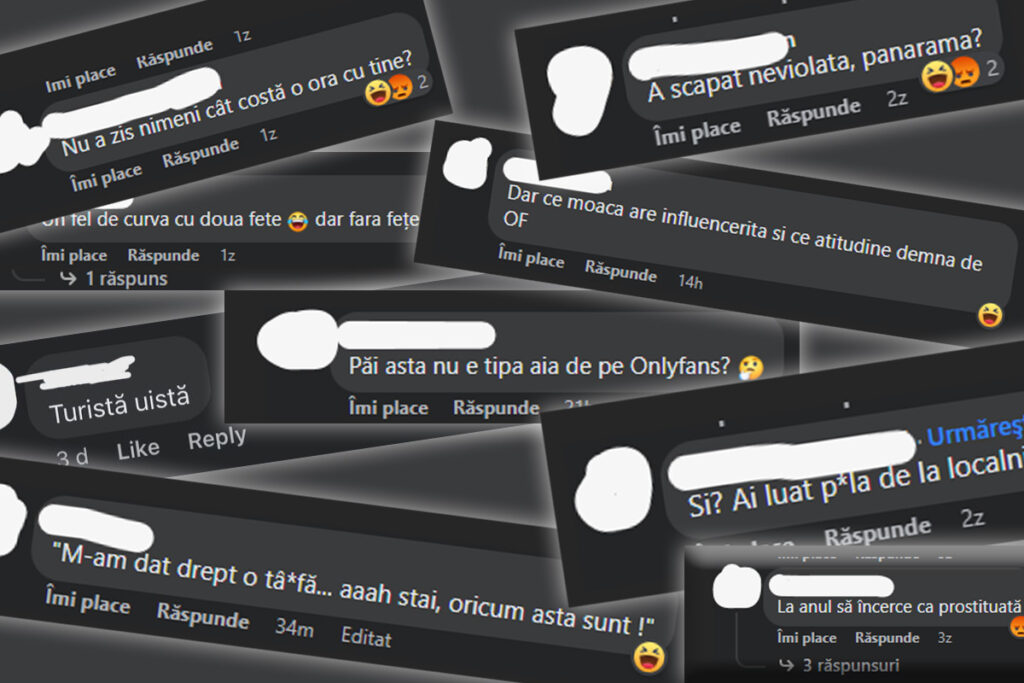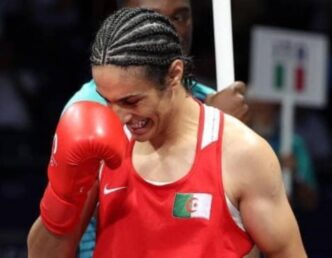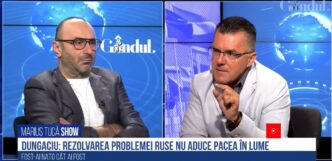
“Did the bitch get away unraped?”, “The pimp sent her to the seaside at the height of the summer season”, “Isn’t that the chick from OnlyFans?”, “Next year let her try it out as a prostitute”, “A two-faced bitch”, “Didn’t anyone fuck you?”, “Did the boys take you around the corner for a little blow?”, “Did you get some dick from the locals?”. I’m a girl, I’m 19 years old and I had my start in the Romanian media under a wave of hatred, misogynism, incitement to violence and rape. If I were a boy, these comments wouldn’t exist.
I recently published a press report that quickly went viral about how I pretended to be a foreign tourist who came to the Romanian coast for the Neversea festival to see how friendly Constanța is with tourists from abroad.
The idea of the article, it’s construction and illustration were discussed and agreed upon in the newsrooom, together with my editors.
The only thing I didn’t expect when I handed in the draft was that the final article would go so viral on social media.
The article was originally published on Info Sud-Est, the regional publication where I started out and where it got 46,000 views. The story was also picked up in the national press, on the G4Media platform, where it garnered over 93,000 views, and on Facebook it had a reach (impact) of around 400,000 users, over 1200 comments and over 3000 reactions.
The opening picture was a selfie of me at Neversea, after I had finished the press experiment.
The article set many people’s pants on fire, because I “defamed” the city, I’m “too young” to write, “who am I to give my opinion”, “why did I use my picture” in the opening, “why do Romanians need to know English, when English people don’t know Romanian” and so on.
Out of all 1200 comments analysed together with my editors, we concluded that 20% were positive or constructively critical, and 80% were negative, insulting, instigating violence, slanderous or containing unsupported statements.
What I was accused of, among other things. What I actually did:
“Why do you expect the ‘cleaning lady’ to know English?”. In reality, I was talking to the woman running the sanitary group, not the cleaning lady. In no way did I reproach her for not knowing English, I merely remarked that a foreign tourist could not get along with this person. I related the sequence without demeaning my interlocutor.
“Why did you only ‘target’ people who seemed not to know English?”. Throughout the experiment I tried to talk to people of all ages and categories, including teenagers my own age. All the young people I tried to open a conversation with told me that they didn’t speak English and couldn’t help me. I also mentioned, obviously, the few who guided me in English.
“There is technology, so the article is useless”. In the conclusion of the article I mentioned exactly that: “If I didn’t have a phone with internet connection, with the “help” I got both from people or from the non-existent signs and plaques of institutions written in English, I would have stayed in the train station long and well or wandered around the city just as long and well”. The article was a press experiment.
“But what, in other countries there’s information in Romanian?”. Many people criticized, with an exaggerated and misplaced patriotism, the fact that in other countries there are no signs, explanations in Romanian and that people in other countries don’t know our language, so why should we know English (a language of international circulation)?
“You wrote a bad investigation”. I never made the claim, I never mentioned it, nor was the article categorized by the editors as “investigation/press inquiry”. My article is an account taken from the field, closer to the reporting or opinion genre, by no means an investigation. Some readers therefore decided to charge me for something I never claimed to have done.
“I use the English-inspired word ‘mapă’ instead of ‘hartă’ (the Romanian word for map)). One of the meanings of the word “mapă”, according to dexonline.ro is “geographical map”, i.e. the very object I was referring to in the article.
That was the relatively decent part, where I could have fought back with arguments, there could have been a dialogue between me and the interlocutors, I could have defended myself. But I could not defend myself in the face of hundreds of comments like the ones below:














I never thought I would make my debut as a journalist like this, under a wave of public aggression that is hard for many teenagers my age to handle. For me, fortunately, it was a press experiment that continued mostly after publication.
And that was that. The episode failed to affect me, but it did make me think, to try to understand what lies beyond the screens that display such messages. Who are the people from whom so much hatred springs for a person they don’t know? Is there something inside a person who wants to see a teenage girl raped? And if so, what lies within such a person? How much trauma and unhappiness?
According to “The Chilling” study, conducted by the International Center for Journalists (ICFJ) together with UNESCO, in 2020, three out of four female journalists (approx. 73%) who took the survey had experienced online harassment, where 25% of messages referred to physical violence and 19% contained sexual threats.
One in three women have considered leaving the profession because of online attacks and threats, and 20% of female journalists surveyed have been attacked or abused in real life as a result of online attacks.
The ICFJ and UNESCO have also launched a platform for reporting online abuse, where women journalists can get help when they find themselves to be the targets of an online attack, or if they want to find out how they can prepare for harassment.
Ne bucurăm că ne citești!
Dacă vrei să ne și susții:











